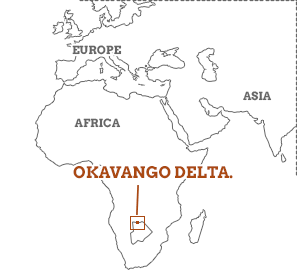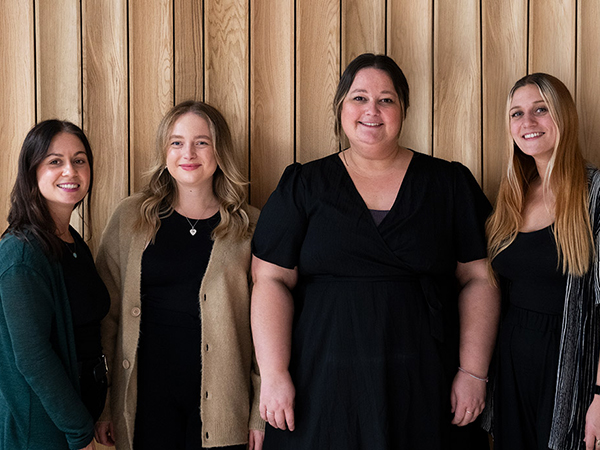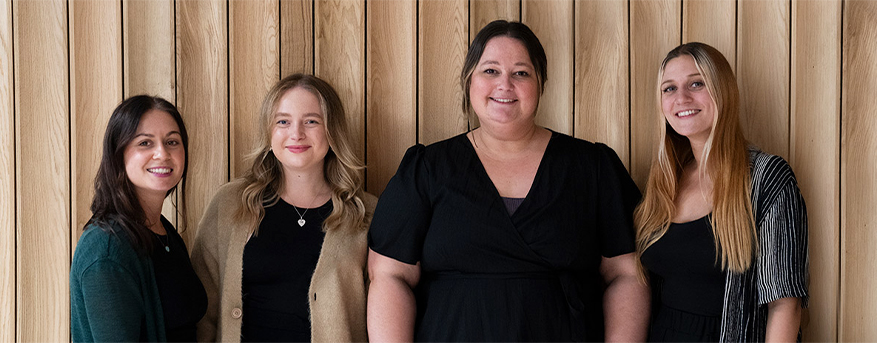Africa’s vastest oasis radiates across sand and swamps, forming forested islands and winding channels across 22,000km2 of otherwise desert landscape. A waterhole on an epic scale, the Okavango Delta supports Africa’s largest herds of elephants – just one of 122 mammal species that thrive on its lush vegetation and reed-filtered waters. Lions stalk buffalo through the papyrus, antelope rear tottering calves, and over 440 species of birds fly here to fish, nest and breed; this remarkable region is up there with the Serengeti, Ngorongoro Crater and the Masai Mara when it comes to game viewing – while remaining just that bit off the beaten track.
![]()
Born in the highlands of Angola, shaped over millennia, carrying millions of tons of sand and ending its 1,300km journey in the Kalahari Desert, the Okavango Delta floods life into Botswana.
![]()
Unusually, bush walks, off-road safaris and night time game drives are permitted across much of the delta. So, too, are mokoro canoe rides – a unique opportunity to experience the ecosystem at water level, eye to eye with hippos and herons. This is also a wonderful way to engage with the BaTawana who live on the edges of the Delta; chat to your guide as he poles you through the swamps to learn about life in one of Africa’s last great wildernesses.
Read more in our Okavango Delta travel guide.























